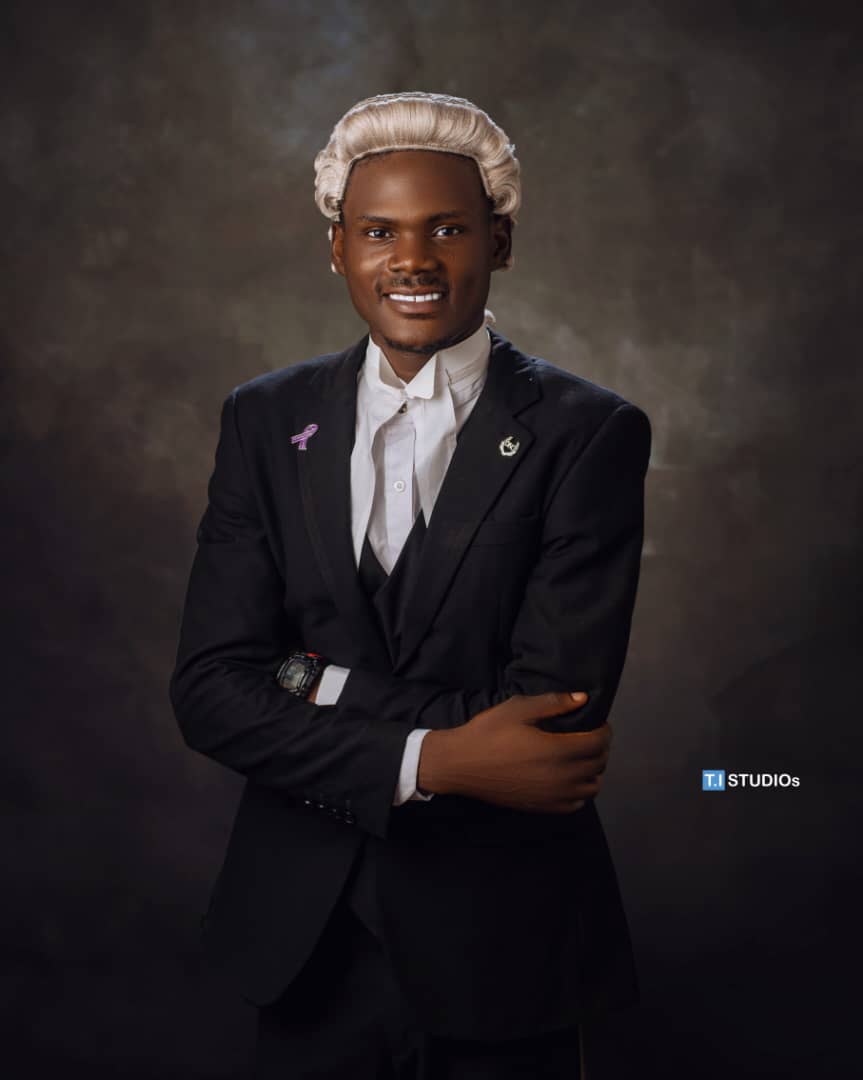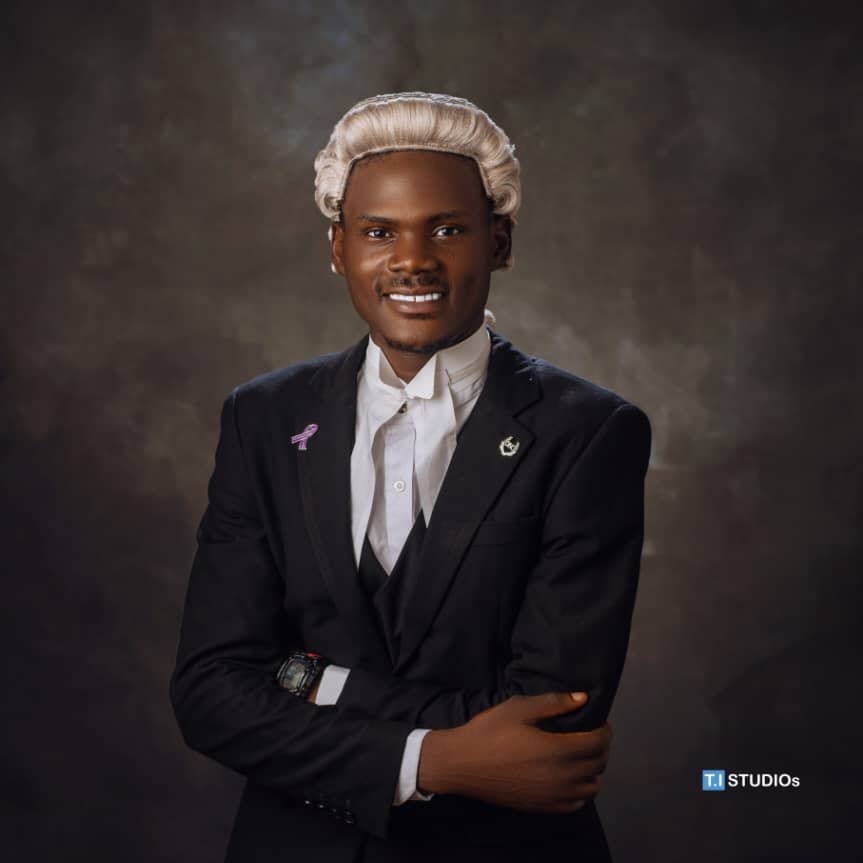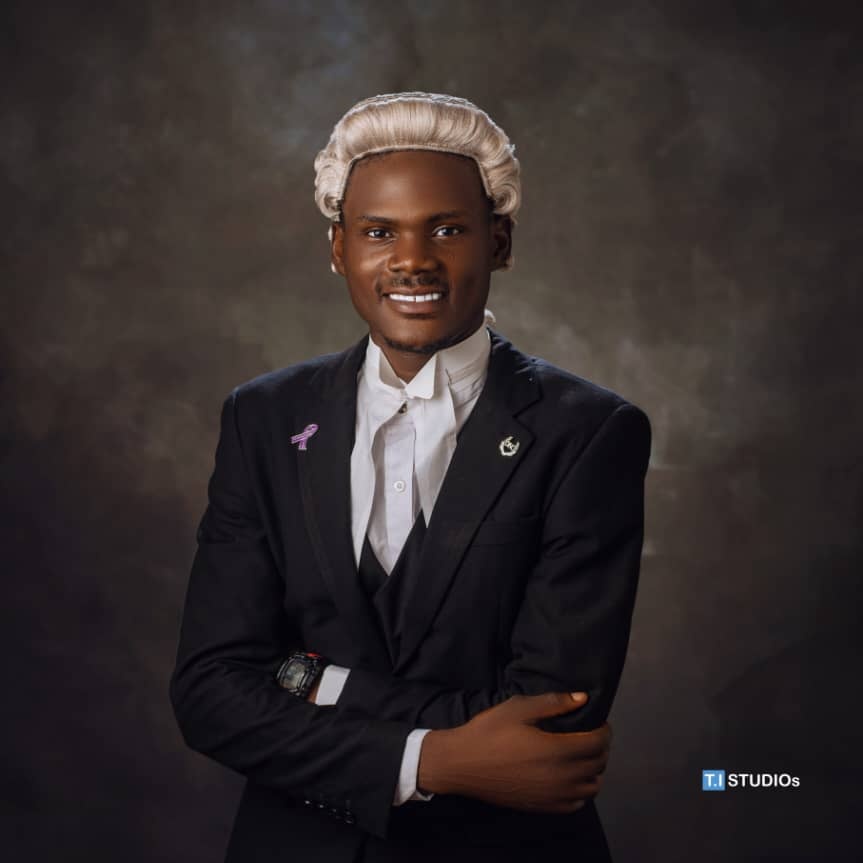By P.L Osakwe
■ INTRODUCTION
When the question of legal protection is raised in Nigeria, much of the conversation tilts towards women. The discourse is often framed around the protection of women from discrimination, domestic violence, workplace harassment, and harmful cultural practices. This has created a perception, sometimes rightly, sometimes exaggerated, that the law bends more in favor of women than men. But a deeper question emerges: Do men have rights in Nigerian law beyond the general human rights accorded to everyone?
■ General Rights vs. Gender-Specific Rights.
Nigeria’s 1999 Constitution (as amended) guarantees fundamental human rights to every citizen, irrespective of sex. These include the right to life (Section 33), dignity of the human person (Section 34), personal liberty (Section 35), fair hearing (Section 36), freedom of thought, conscience and religion (Section 38), and freedom from discrimination (Section 42).
These are not “male” or “female” rights, they are universal. In principle, men are fully covered under this framework. However, when we move beyond general rights into gender-specific legislation, the balance shifts noticeably.
● The Protective Tilt Towards Women
Several statutes and policies specifically identify women as a vulnerable group requiring additional legal safeguards. For instance:
■ The Violence Against Persons (Prohibition) Act (VAPP) 2015 protects against gender-based violence but is largely invoked in the context of protecting women from domestic and sexual violence.
■ Labour laws and workplace policies often emphasize maternity leave and the protection of women during and after childbirth, but provide little equivalent for men in the form of paternity rights.
■ Marriage and family laws historically tilt towards protecting women from abandonment, forced marriage, or property dispossession, but rarely focus on men who may face emotional, financial, or psychological abuse in marriages.
This emphasis is rooted in historical inequalities, cultural practices, and systemic discrimination that women have faced for decades. The law, in response, has tried to level the field by giving women extra layers of protection.
● The Invisible Man in Nigerian Law
While women have been given tailored protections, men are often invisible in gender-focused legal frameworks. There is no statute in Nigeria that explicitly protects men against issues uniquely faced by them, for instance:
■ Paternity rights are barely recognized. Many men struggle to assert custody or visitation rights after divorce.
■ Domestic abuse against men is rarely discussed in law or policy, even though men can also be victims.
■ Workplace and social stereotypes, such as the assumption that men must always be financial providers, are not addressed in legal terms.
This imbalance raises the question of whether men, in practice, are left behind in gender equality discussions.
■ Do Men Really Have Rights?
The answer is both yes and no. Yes, because men enjoy the same constitutional rights as women under the general human rights provisions. No, because unlike women, they do not have specific legal instruments crafted with their vulnerabilities in mind. In other words, while women benefit from both general rights and special rights, men largely rely only on the general rights.
■ The Way Forward: Towards Inclusive Protection
True equality is not about favoring one gender over the other, but about ensuring that both men and women are equally shielded from vulnerabilities and abuses. Nigerian law would need to evolve to acknowledge that men too can be victims of gender-based violence, workplace discrimination, or family-related injustices.
This does not mean rolling back protections for women, but rather expanding the legal imagination to include men where they are marginalized. For example:
■ Recognizing paternity leave and shared parental rights.
■ Creating support mechanisms for male victims of domestic violence.
■ Reforming family law to make custody decisions more gender-neutral.
■ Conclusion
In Nigeria, men certainly have rights, but only within the broad canvas of universal human rights. Unlike women, they lack gender-specific protections that respond to their peculiar experiences. For a truly just society, the legal system must acknowledge that both genders carry vulnerabilities, and justice must not wear a skirt or a trouser. it must wear neutrality.



